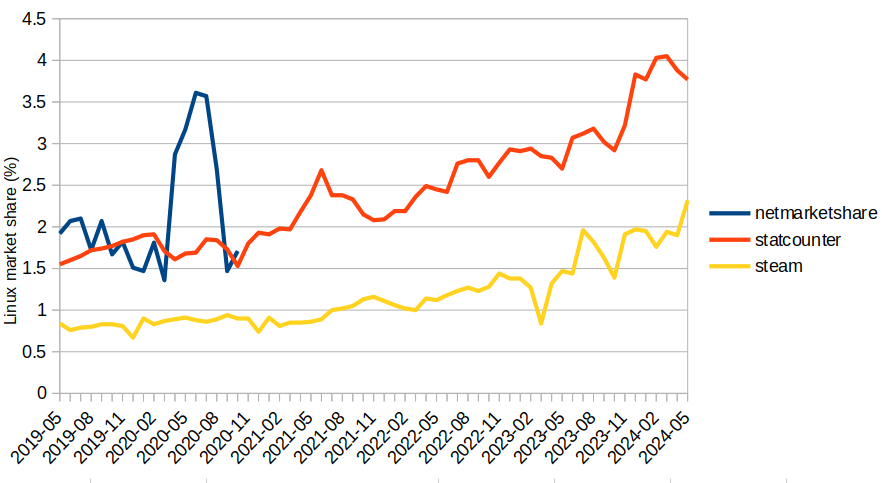Imagine a situation wherein everyone has more or less the same amount of money. They can afford the same number of houses, let's say, two small, or one larger house. Even if there's some inequality, it's not hard to imagine people buying larger or smaller homes and yet everyone being able to afford one. Renting is an afterthought in this scenario.
If inequality grows larger, some people will not be able to afford ownership, and then renting becomes profitable; those who can afford more than one house will buy more than they need, increasing demand and then offering those homes for renting and getting profit. This in turn increases inequality, but as long as the forces pushing it down prevail, this state can last for long.
The crisis breaks out when these mechanisms eventually come out of balance, pushing a large share of people out of the market, and homeownership starts concentrating.
The idea is that investing is only profitable when people don't have what they need; any solution that gives them that (increasing public housing is a popular proposal here) will reduce profit. In fact, profitability is at a maximum now because of the housing crisis, and even just going back to step 2 would reduce it. A "perfect" solution would give everyone homes at the best price physically possible and with full liquidity, which would sink renting yields to basically zero.

Very interesting. I'd say China will only increase and cheapen its production even more, which will allow them to push their influence. They have been focusing on doing exactly that, by building efficient transportation networks, putting increasingly more companies' equities in the hands of the state (and therefore sidestepping investors), and, recently, setting up abundant facilities for cheap, green energy production. All three of those policies rely for their swift and massive realization on what US policymakers nowadays seem to refer to as "non-market" dynamics, which are basically out of the question for them.